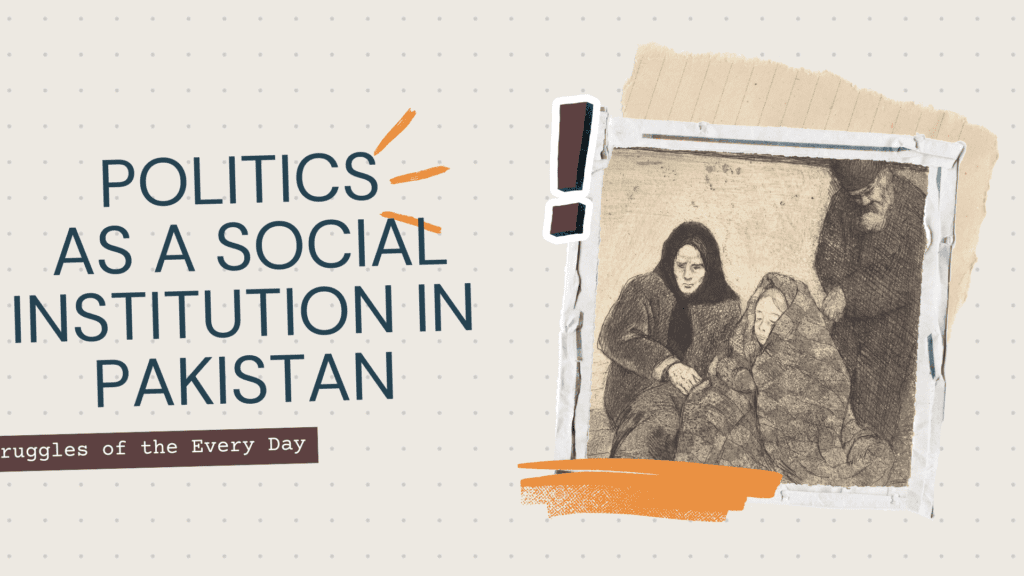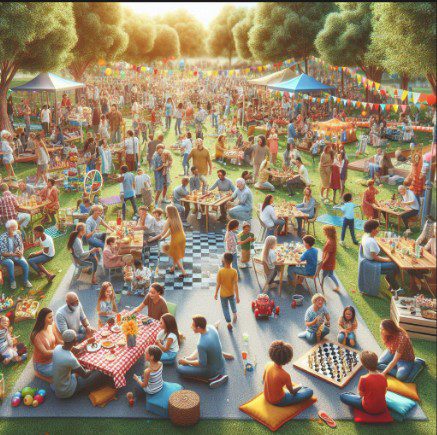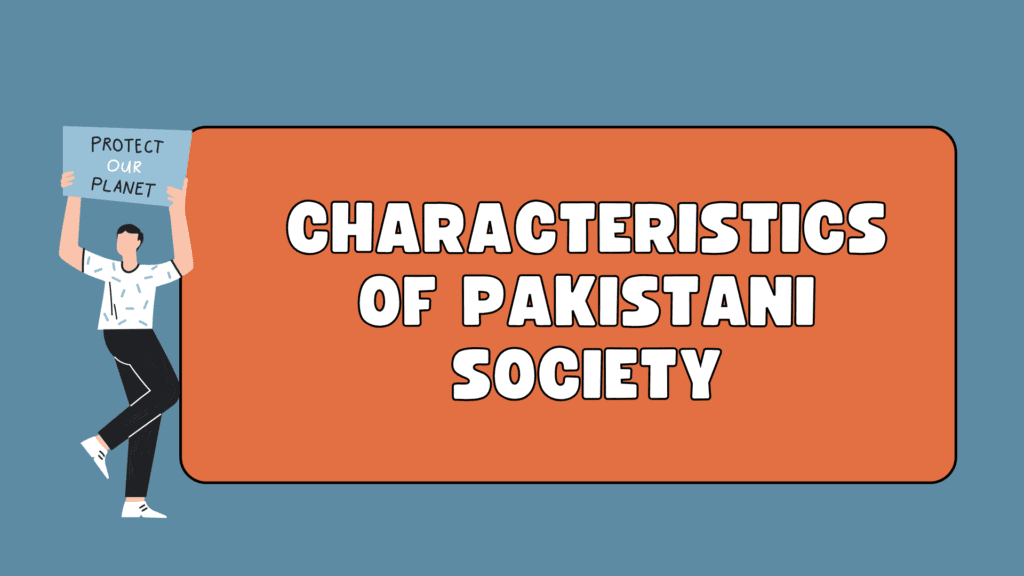Politics is one of the core social institutions that organizes power, authority, and governance within a society. It determines how decisions are made, how resources are allocated, and how conflicts are resolved. As a social institution, politics influences and is influenced by other aspects of society, such as religion, education, media, and economy.
In the context of Pakistan, politics is not merely about elections or politicians; it is a deeply embedded social structure that reflects the country’s historical, cultural, and institutional realities.
Nature of Political Institution
Politics in Pakistan is structured through a democratic framework, governed by the Constitution of 1973. The political system includes:
-
Executive branch (President and Prime Minister)
-
Legislative branch (National and Provincial Assemblies)
-
Judiciary
-
Military and civil bureaucracy
However, political power is not equally distributed. Historically, the military has played a dominant role in Pakistan’s politics, with multiple interventions and direct rules through military regimes.
Functions of Politics as a Social Institution
-
Law-Making and Governance: Political institutions create and implement laws to maintain social order.
-
Representation: Through elections, citizens choose representatives to express their interests.
-
Resource Distribution: Political decisions affect allocation of national resources like education, health, and infrastructure.
-
Conflict Resolution: Politics provides formal channels for resolving societal conflicts through dialogue, negotiation, and institutional processes.
Forms of Authority in Pakistani Politics
Max Weber’s three types of authority help explain the structure of politics in Pakistan:
-
Traditional Authority: Seen in feudal and tribal systems, especially in rural Sindh, Balochistan, and southern Punjab, where political loyalty often follows familial or tribal lines.
-
Legal-Rational Authority: Based on the legal system and constitution, such as elections, parliamentary procedures, and the judiciary.
-
Charismatic Authority: Emerges through popular leaders who inspire public support. In Pakistan, leaders like Zulfikar Ali Bhutto, Benazir Bhutto, and Imran Khan have gained power through their personal charisma.
Political Culture in Pakistan
Political culture refers to the attitudes, beliefs, and values held by the public about politics and governance. In Pakistan, political culture is shaped by:
-
Family and kinship networks, where political affiliation is often inherited.
-
Ethnicity and language, such as regional political parties representing Sindhi, Pashtun, Baloch, or Mohajir identities.
-
Religious influence, where political parties use religious narratives to gain support.
-
Youth and media, especially social media, which has created new political awareness and mobilization.
Challenges in the Political System
Despite having a constitutional framework, Pakistan faces multiple challenges in its political system:
-
Civil-military imbalance: The military continues to wield significant influence in both foreign and domestic affairs.
-
Weak political institutions: Frequent government changes, corruption, and poor law enforcement undermine democratic development.
-
Ethnic and regional conflicts: Political instability often emerges from unaddressed ethnic grievances or provincial disparities.
-
Voter distrust and apathy: Many citizens feel disillusioned by political corruption and unfulfilled promises.
Role of Political Parties
Political parties in Pakistan represent a wide range of ideologies and interests. Major parties include:
-
Pakistan Muslim League-Nawaz (PML-N) – center-right, popular in Punjab.
-
Pakistan Peoples Party (PPP) – left-leaning, with strong roots in Sindh.
-
Pakistan Tehreek-e-Insaf (PTI) – populist and reform-oriented, especially among the urban middle class and youth.
-
Religious parties – such as JUI-F and Jamaat-e-Islami, which promote Islamic ideologies in politics.
These parties influence policymaking, social reforms, and identity politics.
Politics and Social Change
Politics plays a vital role in shaping society. It can lead to:
-
Policy reforms, such as women’s rights, education, and health programs.
-
Social movements, including campaigns against corruption or for environmental justice.
-
Youth participation, where new generations push for transparency, accountability, and development.
Conclusion
Politics as a social institution in Pakistan reflects a complex interaction between formal governance systems and traditional social structures. While there are democratic frameworks in place, true political development requires strengthening institutions, promoting civic education, and ensuring equitable participation for all citizens. Understanding politics in this broader, sociological sense allows us to see its impact on everyday life, identity, and social justice in Pakistani society.


